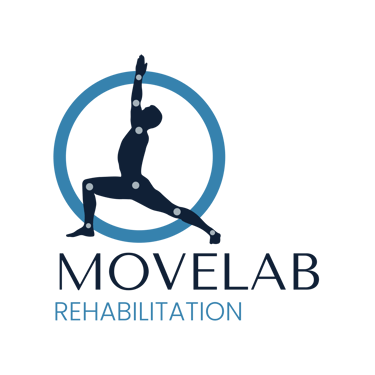Movement Analysis
We offer a Comprehensive balance and gait evaluation for movement disorder like Parkinson’s motor and non-motor symptoms.
Movement Evaluation Insights
We provide comprehensive balance and gait assessments in Parkinson’s patients using advanced movement laboratory technology for precise motor and non-motor symptom analysis.






Parkinson’s Motor Assessment
Our evaluation focuses on key Parkinson’s symptoms such as bradykinesia, tremor, rigidity, and postural instability to guide effective treatment.
Movement Evaluation
Comprehensive balance and gait assessments focusing on motor and non-motor Parkinson’s symptoms.
Motor Symptoms


Assess bradykinesia, resting tremor, rigidity, and postural instability precisely.




Non-Motor Symptoms
Evaluate cognitive, mood, sleep, and autonomic functions impacting patient health.
Utilize movement laboratory technology for detailed patient motor function analysis.
Advanced Testing
FAQ
What is evaluated?
We assess motor symptoms like bradykinesia, resting tremor, rigidity, and postural instability in Parkinson's patients.
How is testing done?
Testing uses a movement laboratory system to analyze balance and gait, providing detailed motor and non-motor symptom data.
Why assess non-motor symptoms?
Non-motor symptoms such as cognitive changes, mood disorders, sleep issues, and autonomic dysfunction are evaluated to guide comprehensive treatment.
Who benefits most?
Primarily Parkinson's patients seeking detailed motor and non-motor symptom evaluation for better disease management.
How are results used?
Results help clinicians tailor treatments and monitor disease progression effectively over time.
What does the image show?
A patient undergoing balance and gait testing in a clinical movement laboratory setting using specialized equipment.
Contact Our Evaluation Team
Reach out for detailed movement and symptom assessments.


